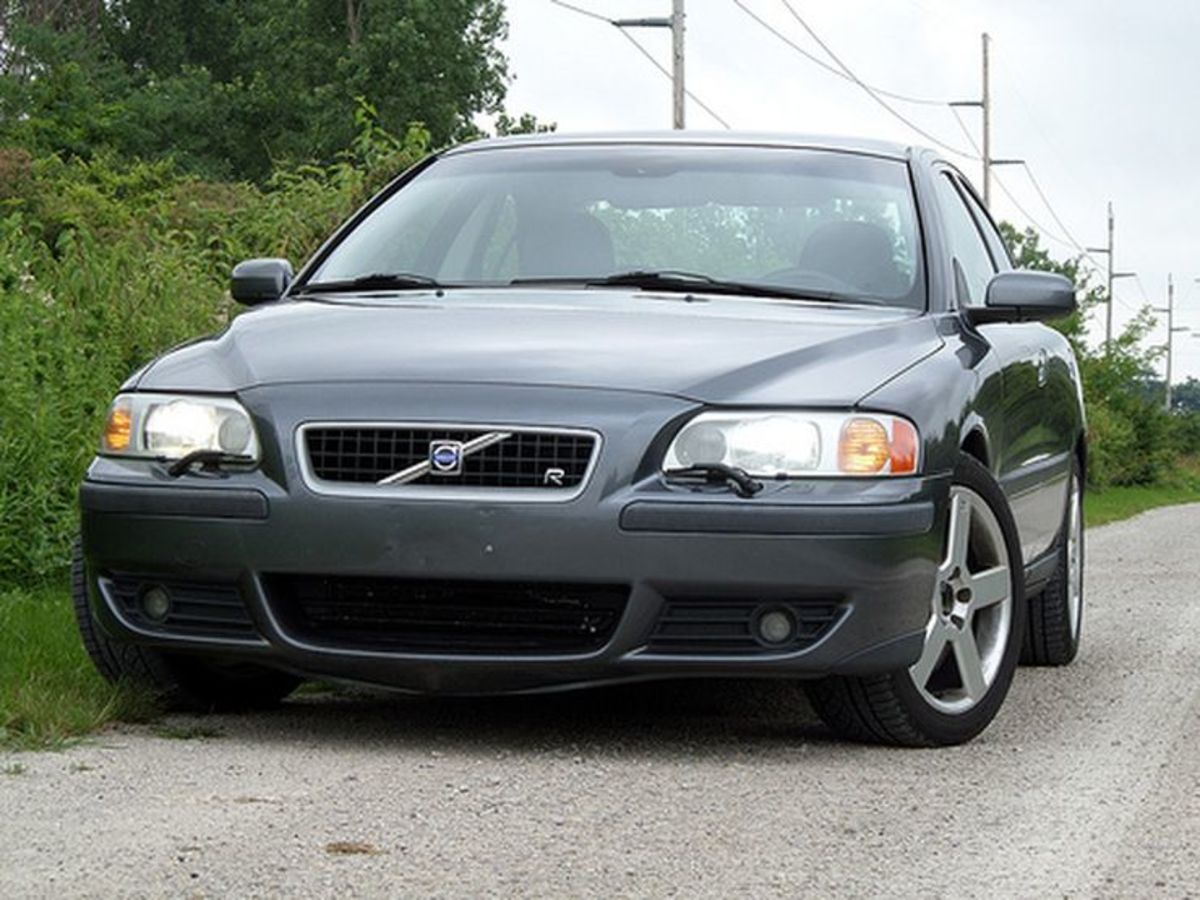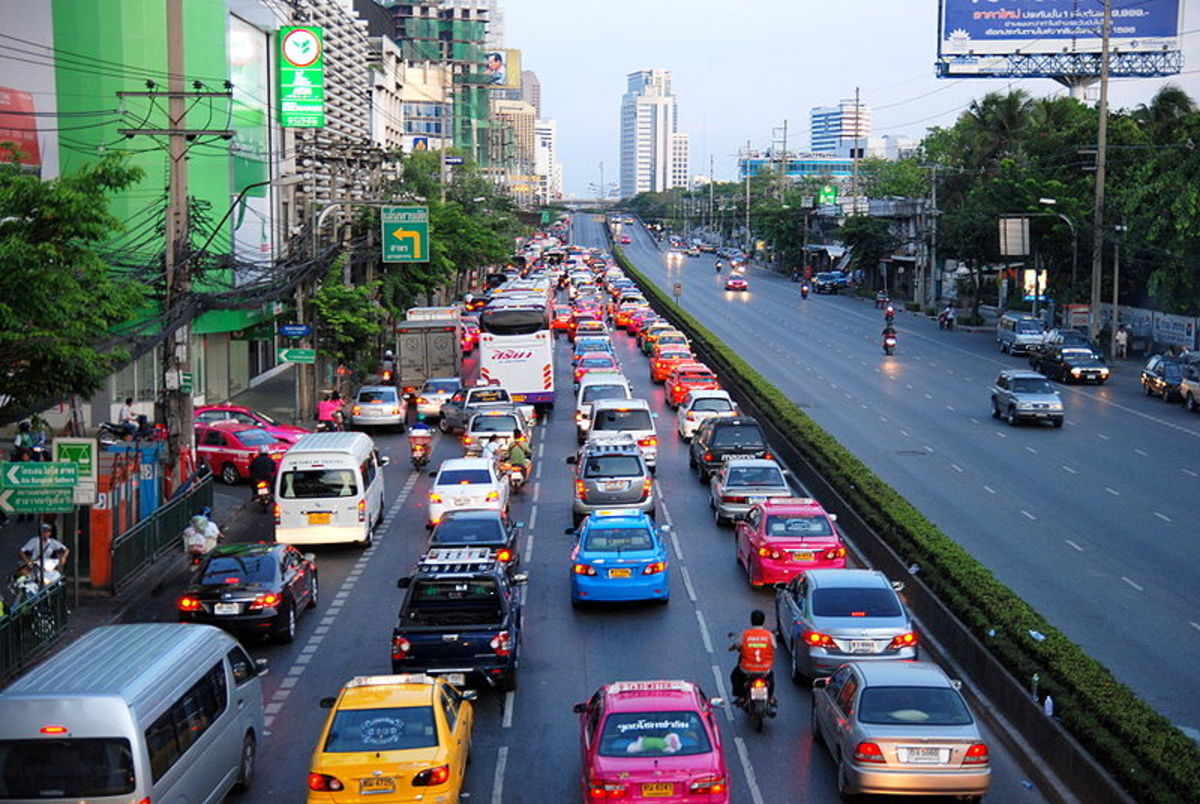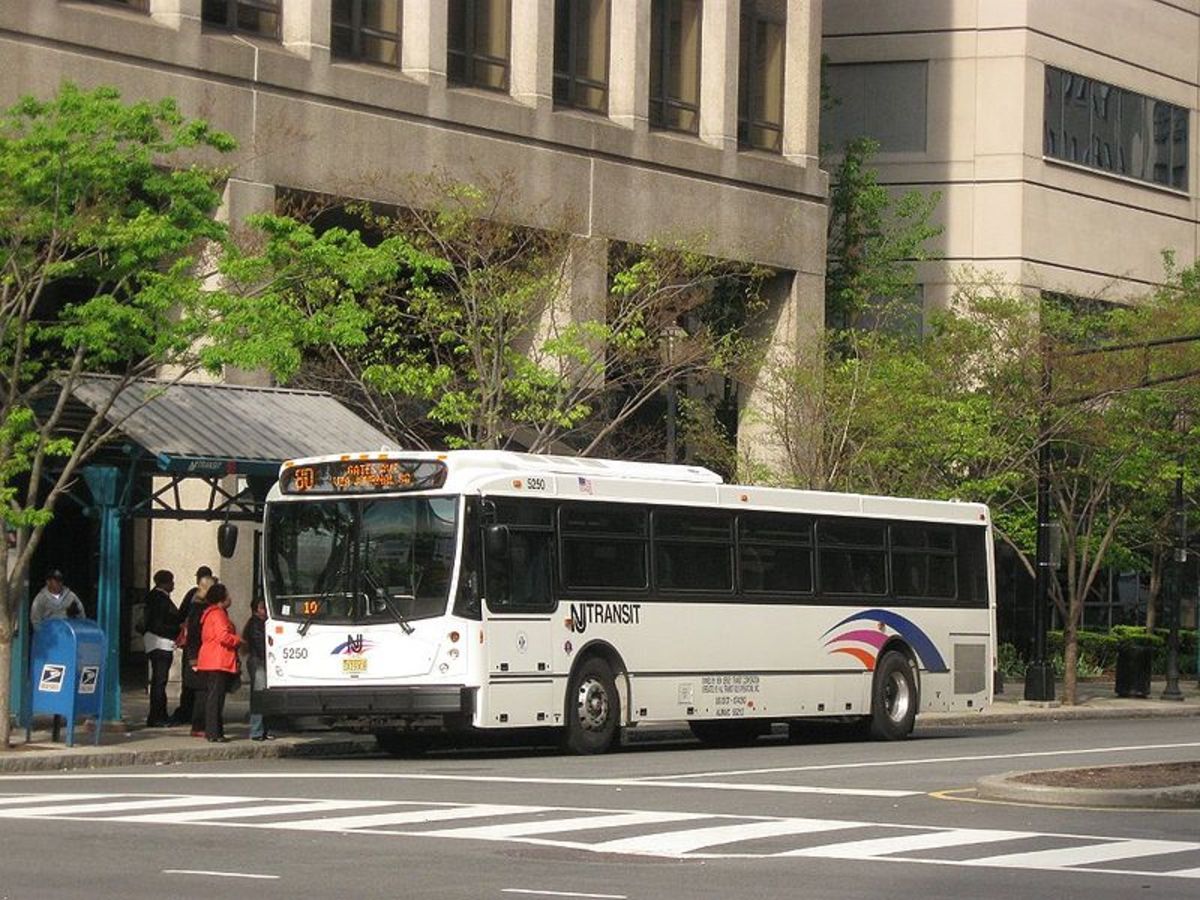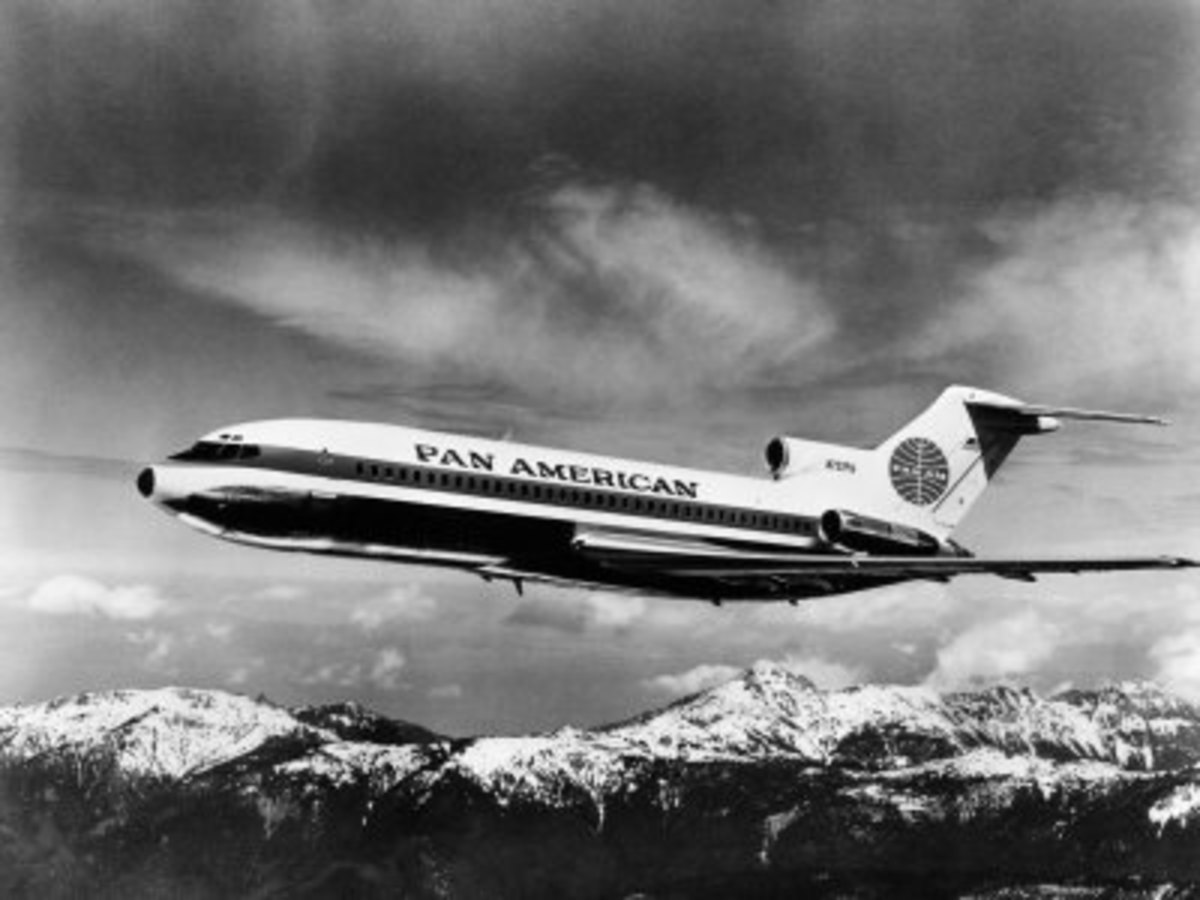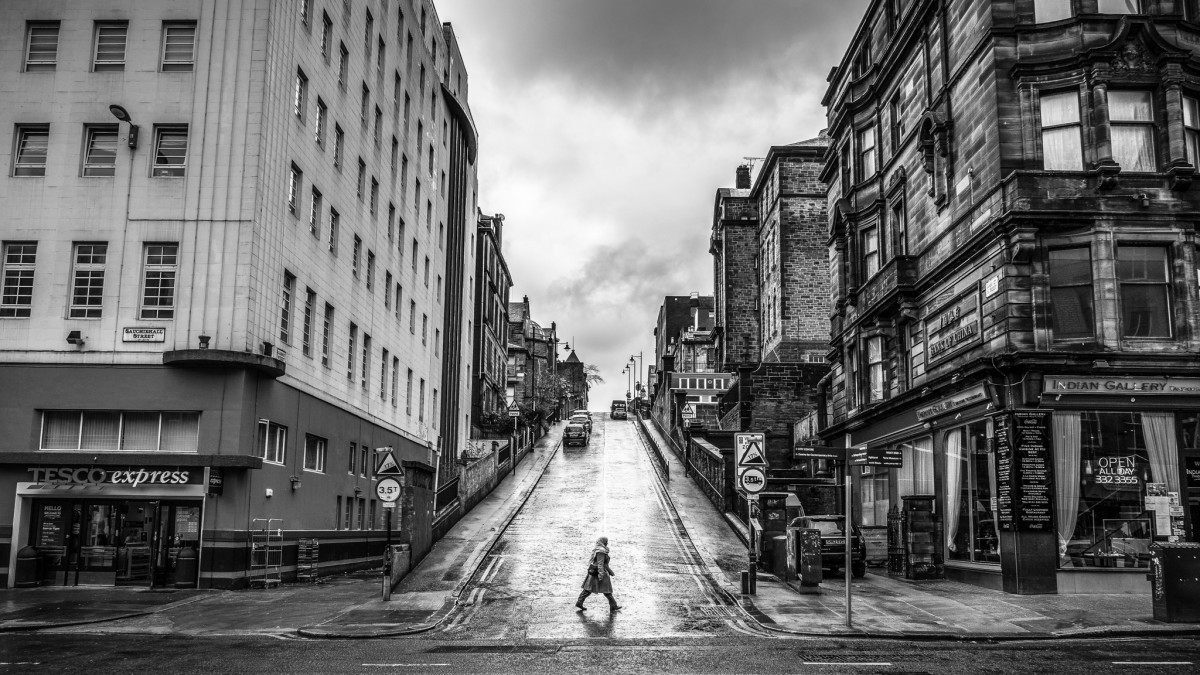Cutting Gas Consumption to 1/4 - A Simple, Green Idea

An Introduction
I am frightened for us, for our future. This fear is not the same fear that our Grandparents had, worrying that the world was becoming more dangerous - this is a fear reputed by science, and by economics. Every day our world grows warmer, every day our oil reserves lessen, and few people realize to what depth these problems truly reach - for we are comfortable. We have our cars, our families, our lives... The terrifying prospects of global warming and loss of oil production seem far away, and impossible to change. I have grown up in a world where people like me are told when they are young that they have the power to do anything, to change the world... yet all around me, there is but one prevailing mindset: One person cannot change anything.
Glaciers and mountain snows are rapidly melting—for example, Montana's Glacier National Park now has only 27 glaciers, versus 150 in 1910. In the Northern
Hemisphere, thaws also come a week earlier in spring and freezes begin
a week later. (Source: National Geographic) Climate change is real. Oil production is expected to flatten and decline in the next 100 years, as demand continues to rise. The economic hardships of expensive oil are real, and are far deeper than the consumer paying four dollars per gallon - the entire agricultural system around the world runs on gasoline engines used to ship and cultivate our food.
The world is full of problems, and we find ourselves asking "what can I do to stop countries from warring, the environment from wasting away? There are people that head massive companies that have more money than every person I know combined; governments, powers far greater and wiser than I. What can a small drop accomplish in an ocean?" To those who feel helpless and comfortable, the world cannot be changed... but I am not writing this because I believe the world cannot be changed. I am writing it because I know it can - and it must.
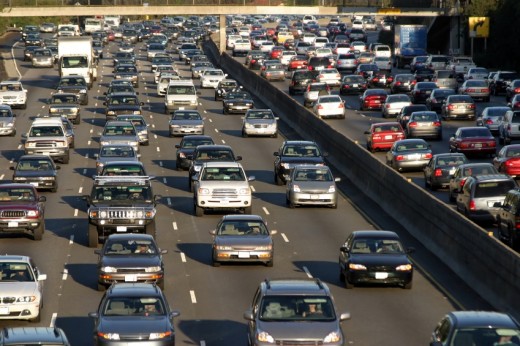
The Idea
The idea came to me one day, while I was sitting by the highway, watching thousands and thousands of cars go by, polluting the air, using millions of barrels of gasoline in a day, and that idea is what I want to share, what I believe can, literally, change the world: The Global Gasoline Efficiency Alliance (GGEA) - A group I wish to create as a coalition dedicated to using less gasoline, across the globe, using a simple principal: There are four seats in the average vehicle - and we should use them.
How much sense does it make that one person drive everywhere, alone? What if three of those drivers who normally drive alone in their vehicles could become passengers? It sounds impossible... but what if it could happen? How many people are driving to the same place, with three or more empty seats in their vehicle, on any given stretch of busy highway? If you stood on an overpass outside any major U.S. city and could
choose any car that passed beneath you in the span of an hour to ride
in, you would be able to ride almost anywhere. How many people drive by your home every day, going to or by the same place you are? What if you could save money every day, simply by going where you were going anyway, merely making an extra stop on the way to pick up and drop off a Global Gasoline Efficiency Alliance Member (GGEA), who will split your gas expense? What if you could split it four ways, nearly every time you drove somewhere?
But how, how can you just put four drivers in one car, and expect them all to get to where they need to go? Ah - you see, In a world where we have the Internet with which to literally connect anyone to anyone, anywhere there's a connection, Around the world, people can book rides with members traveling to the same place they are anyway, anytime. With a website built to connect drivers in a Global Gasoline Efficiency Alliance, this dream is not only possible... it feels like it should have been done all along. That is the key to the GGEA: The Internet can connect those hundreds of people in the cars pictured above, driving alone in their four-seated vehicles.
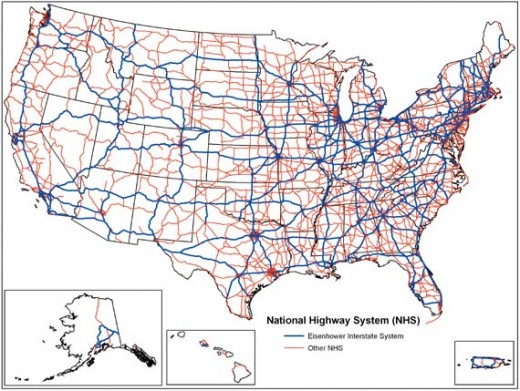
Think about it
Just one other rider with you on your daily commute halves your gas expense - but Its not just about halving the expense it takes you to get to and from where you need to go every day. Its not just about finally doing something to overcome the greed of oil companies, who seem to set gas prices at whatever they wish while raking in record profits... It gets far better: Its about astronomically lowering the amount of pollutants in the air by having ONE FOURTH of the amount of vehicles on the road - Think about it. The average car has four seats. Take four drivers, put them in one car, and you've cut the amount of cars on the road to one fourth of what they were, with one fourth of the Carbon Dioxide emission that there once was... and it could be done by everyone with a vehicle, every... single... day. Every ride... every trip you take. Both drivers and passengers spend less. Everyone gets to their destination quicker because less cars are on the road. The pollution caused by automobiles is reduced to 1/4th of its current level. By god... even countries would fight less, because the worlds consumption of its hottest commodity, oil, would finally be cut back.
Save money. Help the environment on an incomprehensibly massive scale. Go where you were going anyway, only with a passenger, or as a passenger. Is it possible for any situation to be more win - win? I do not pretend that such a feat is simple, but I do know that if even one in ten people used this website and rode instead of driving, the world would be a tremendously better place. Scientists estimate that the chance that brought life into being on earth is absolutely astronomical, and I truly believe that every day that passes without action being taken brings us closer to destroying that, and there is only so much time before it is too late.
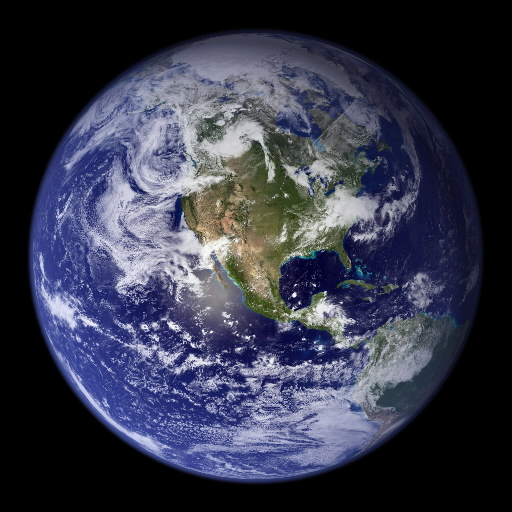
The Details
Here are some examples and ideas for the website. At this point, it is merely an idea. I am only a broke, middle class college student with a laptop and an idea - but even bottled water was once just an idea - an idea that few people thought was worth anything.
The Formula: [ (Miles ÷ Driver's MPG (Miles per gallon)) x Current Gas Price ] ÷ # of Passengers = PGE (Passenger gas expense) per person. Only charge for the amount of miles the passenger was on board for. If a driver must go out of his way for a passenger, all you have to do to compensate is re-calculate the formula as you would for one person, and charge the passenger that amount for the miles out of your way you traveled.
For example, assume I drive a truck that gets 20 mpg, and someone rides with me for 100 miles. That means it took me 5 gallons of gas to get that far (100miles ÷ 20mpg = 5). At 2.89/gallon, it cost me $14.45 to make that trip (5 x 2.89) I was going there anyway, and it would cost me $14.45 if I were alone. Another passenger along, who was also going there anyway, and would have also had to pay $14.45 more or less had he made the trip himself, would make it cost you both half, put half of the pollution in the air, one less car on the road, and stick a needle in the gas companies. Now it only costs you each $7.23 - and all this solution required was the world wide connection offered by the Internet.
Imagine doing that every day. After a time, members could even purchase a simple mile and expense tracker, much like a cab company, with the formulas built in. Perhaps eventually it would even include a way to swipe a membership card connected to a debit system, so everything is automated and extremely easy - just book your ride, swipe your card when you get in and when you leave, and the system does the math, subtracts from the passenger's account and adds to the driver's account. A few weeks of riding or driving under this system, I am certain, would show a clear and positive difference in both members' bank accounts.
The Website: A website is the key - because it allows anyone to contact anyone and meet anywhere, so long as they both have access to the Internet. A simple website, much like Craig's list, would fulfill the purpose.
- Users can use systems already in place, such as the well known "Map Quest" and "Google Maps" to post their route
- Other users, who wish to ride, can then search for drivers going the same way they wish to go at the proper times, and "Book a ride."
- Each user will have a membership number with which to post feedback, which is crucial. If a driver shows up late, or has dangerous driving habits, members must know about it, and can report other drivers if they have had a dangerous or terrible experience. Too many flags, and you lose your membership, and all members can read all comments about other drivers, to provide the most comfort. Perhaps a passenger wants to ride only with drivers with no reports.
Examples:
"OMG driver #345 has a SWEET Mustang, and they were right on time, I'd ride with them any day!"
"Driver #4333's car reeks of cats, so I hope you're not allergic."
"Driver #23421 has some serious road rage issues, I wouldn't recommend riding with them unless you have a death wish, I reported them."
- Drivers can also list important things passengers need to know before booking a ride, for example, Smoking or non-smoking? How much room for luggage? Pets welcome? Stops frequently or rarely? Loves conversation? Spanish Speaking?
- Driving Records should also be made available to give people the safest ride possible
- Another crucial part would be the waiver - legal problems always pop up in almost any business situation, and in the case with such a website as this, it is bound to happen. A very in depth contract would need to be developed. Firstly, there are always dangers inherent in operating or riding in any motor vehicle, at any time - and just as each person drives their vehicle to work at their own risk every day, so would GGEA drivers ride or drive at their own risk. It is a passenger's choice made of their own volition and free will to ride with another driver, and it would not be GGEA's fault if something terrible were to happen, as accidents do on the road. GGEA assumes no responsibility under any circumstances for injury or death - members join, hopefully, to save money and help the environment, not to sue.
-Also have an advice section for riders, with many important points, such as:
- Give yourself extra time for weather, traffic, etc - using the GGEA website is inherently slower than driving oneself. GGEA and your fellow drivers are not always responsible for lateness - and if they are, they should be, and probably have been, reported.
- If you have bad vibes about another driver's motivations or character, absolutely DO NOT take a ride with them and report them immediately. Just because your intentions are honorable does not mean all members' are. When you can, ride in groups or with a friend, and ALWAYS tell someone where you're going and when you're to arrive, so they know when to expect you, and what to suspect if you do not arrive. Most GGEA members are genuinely interested in saving money and helping the environment.
- Do not have GGEA drivers take you directly to your home. Meet at a public place.
- The nature of the GGEA system means arrival times can be unpredictable. Do NOT use the GGEA website if you absolutely need to be somewhere at a certain time, and cannot ride at an earlier time to ensure timely arrival.
- Be professional, as you would if you were riding in a cab, or train or a bus. All GGEA members have two things in common - the desire to save money and a thirst to help the environment. Each has the goal of arriving at their location, and the nature of the GGEA is in working together, so be courteous, be patient, and everyone will benefit.
The Problem Spots:
- Networking: Building a network of users large enough so that anyone can book a ride anywhere at almost any time of the day (An ambitious goal, but none-the-less, the Alliance's goal) would require thousands of active users, even millions, in many different locations. It is possible, and indeed, the next time you stand by a busy highway and watch hundreds and hundreds of cars go by, you will agree, but even if the idea gets support, it will take a long time before there are enough active users to achieve that goal - but the nature of the web and an idea this effective add greatly to the likelihood of success.
- Getting Shut Down: All loopholes would have to be tightly sealed. If this idea were to go through, oil companies would be out for the throats of the creators of such a website. If even one in ten drivers joined, their losses would be astronomical, and I firmly believe they would do anything to stop this from going through if they caught wind of it - and we all know just how deeply embedded oil is into government. I know this sounds extremely paranoid, but I truly believe what I have said about big oil.
- Investment: I am just a broke writer with an idea, as I have said, and writing this is the only step I have taken in making this dream a reality, other than writing the national geographic society detailing the same idea. I have $100 to my name on a good day, and building the network I hope for will take far more than I am capable of alone. I need readers and their contacts to answer the call - investors, marketers, web designers... all of us could benefit the world in tremendous ways with this idea, and doubtlessly earn back for our work.
- Opposition: Would people really be willing to ride with complete strangers for the sake of a few dollars in gas money saved? Perhaps not right away, now that gasoline prices seem to be momentarily reasonable - But it is only a matter of time. Oil production is projected to plateau within the next hundred years and then decline, even as demand continues to rise and rise (Source: National Geographic Magazine). The idea of riding together is not even a matter of saving money then - By that point, it will be a necessity if the world economy is to be kept from falling apart... and no one can be sure when that plateau will be reached. Now is the time to prepare, and each day it grows a tiny bit warmer.
Research and Feedback
But bow much energy really would be saved? To answer this question, I spent a great deal of time pouring over data from the Energy
Information Administration, and some of the numbers I have discovered
are truly powerful.
According to statistics gathered by the Energy Information Administration, [ http://www.eia.doe.gov/ ] a government body that lists energy statistics from the U.S. Government, if one in four drivers used the GGEA website on a regular basis and carpooled instead of driving, it would reduce greenhouse gas emission by 9% annually (509 Million Metric Tons) and reduce oil consumption by 17.5% (5,244,050 Barrels/day). If the website were used to its full potential, in an idealistic future in which all drivers carpooled instead of driving alone and it became an integral part of society, our oil consumption would be cut by a massive 52.5% (15,732,150 Barrels/day) and greenhouse gas emissions by 26.9%. Wow.
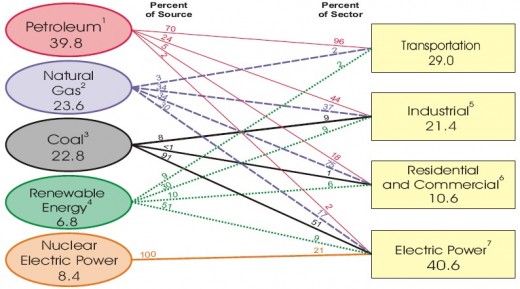
By contrast, the effectiveness of these cuts is amazing - and it is largely believed by experts that "Unless we make it easier for Americans to choose buses, subways, and bikes over cars, there's little chance for big emissions cuts from vehicles." (National Geographic Magazine, March 2009). Consider this, however: If we changed every light bulb in every home in America to compact fluorescents, AND turned off every home computer in every home when they were not in use, we would cut their Greenhouse gas emission impact by 93.1 Million tons a year, or 1.3% (National Geographic Magazine, March 2009). But if only one in TEN drivers used the GGEA website and carpooled instead of driving, the Greenhouse gas emission impact is 209 Million Tons a year (2.9%), according to my research using Energy Information Administration Data.
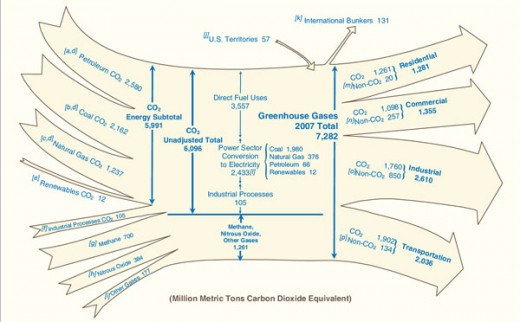
On top of that - Changing every light bulb in America and turning off every home computer when it is not in use is next to impossible... But one in ten drivers carpooling instead? I would be willing to bet almost every single driver in the U.S. has the opportunity to carpool if they could get connected to someone going to or by their destination. There is a car going to your destination tomorrow that probably passes you by... even as you read this, a vehicle has probably passed by your home, going past your next destination. Its so possible, this idea, so beautifully possible...
The Future, and What You Can Do
If you wish to express interest or help in any way with this idea, feel free not only to leave comments, but email me as well at j.arnold34@yahoo.com. I value criticism and problems that anyone has spotted even more than praise, so please, do not hesitate to let me know, or recommend business associates you may know that would be willing to get involved with this idea.
It is also important that it be known I have entered this idea to National Geographic in a contest called "The Green Effect." This contest gives me a chance to receive a $20,000 grant to put a "Green idea" into action - this green idea. Finalists will not be announced until July 7, 2009, when online readers have the freedom to vote - at which point I would be delighted to have all the help I could. In the meantime, you can see my idea posted on the national geographic website, post comments, and rate it right now at:
Answering the Following Questions will aid greatly in my project
Do you believe people would be willing to use the website described to carpool?
I began this hub with only the hope of putting my idea out there. Already, merely in the research it took me to write it well, I have found light on the horizon.
"Hope doesn't come from calculating whether the good news is winning out over the bad. It's simply a choice to take action." ---Anna Lappe, O Magazine, June 2003


